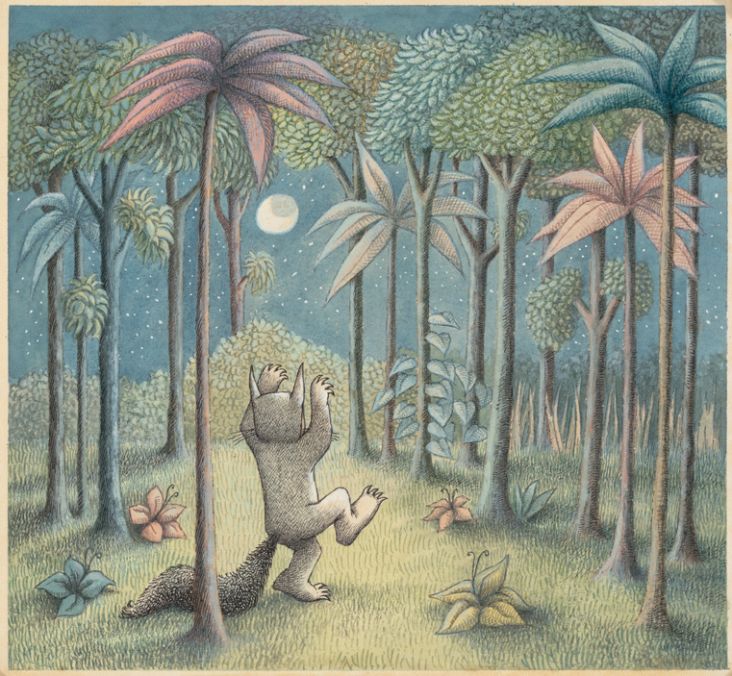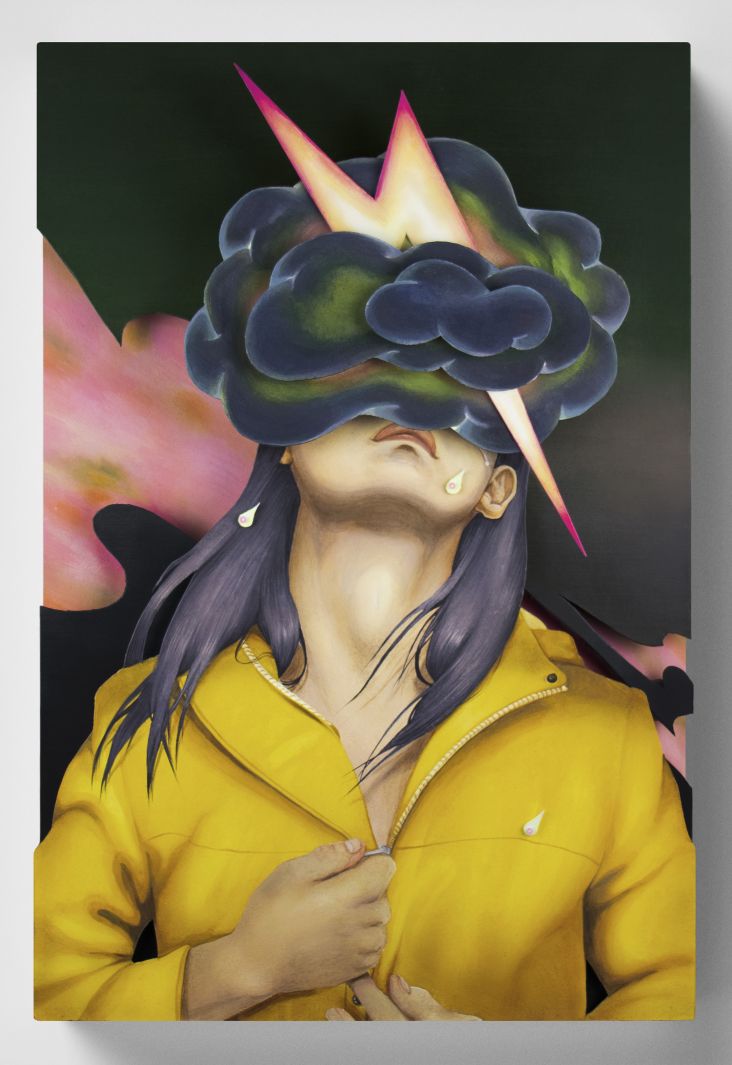Johny Pitts documents the black British experience in Home is Not a Place
Stepping away from media stereotypes, a new exhibition and book focuses on everyday life for black Britains in the 2020s.
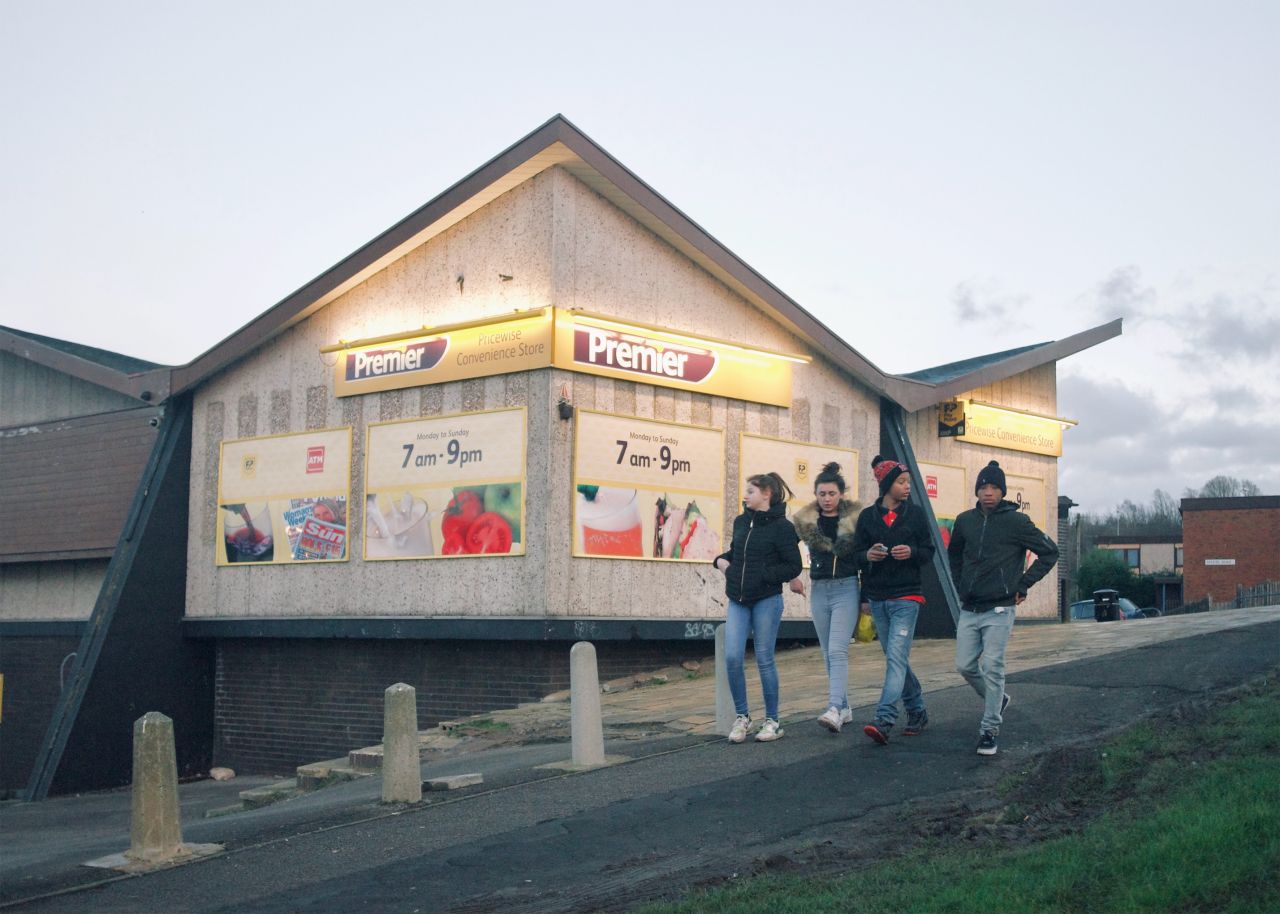
© Johny Pitts
'Black Britain' is a phrase everybody understands, but what does it mean, exactly? In 2021, photographer and writer Johny Pitts teamed up with poet Roger Robinson to circumnavigate the nation's coast in search of an answer.
A touring exhibition of their work, entitled Home is Not a Place, has now opened in Sheffield, and is accompanied by a book of the same name, due for release in late September 2022.
Reflecting upon the complexity and resilience of black Britishness at this particular point in time, it's another ground-breaking work by the self-taught documentary photographer, who's also known for presenting Open Book on BBC Radio 4.
It echoes themes developed in his 'Afropean Archive' of over 100,000 images documenting the black experience in Europe and reflects his various roles as curator of the ENAR (European Network Against Racism), author of Afropean: Notes From Black Europe, and work for publications such as The Guardian, The New Statesman, The New York Times, and Condé Nast Traveller.
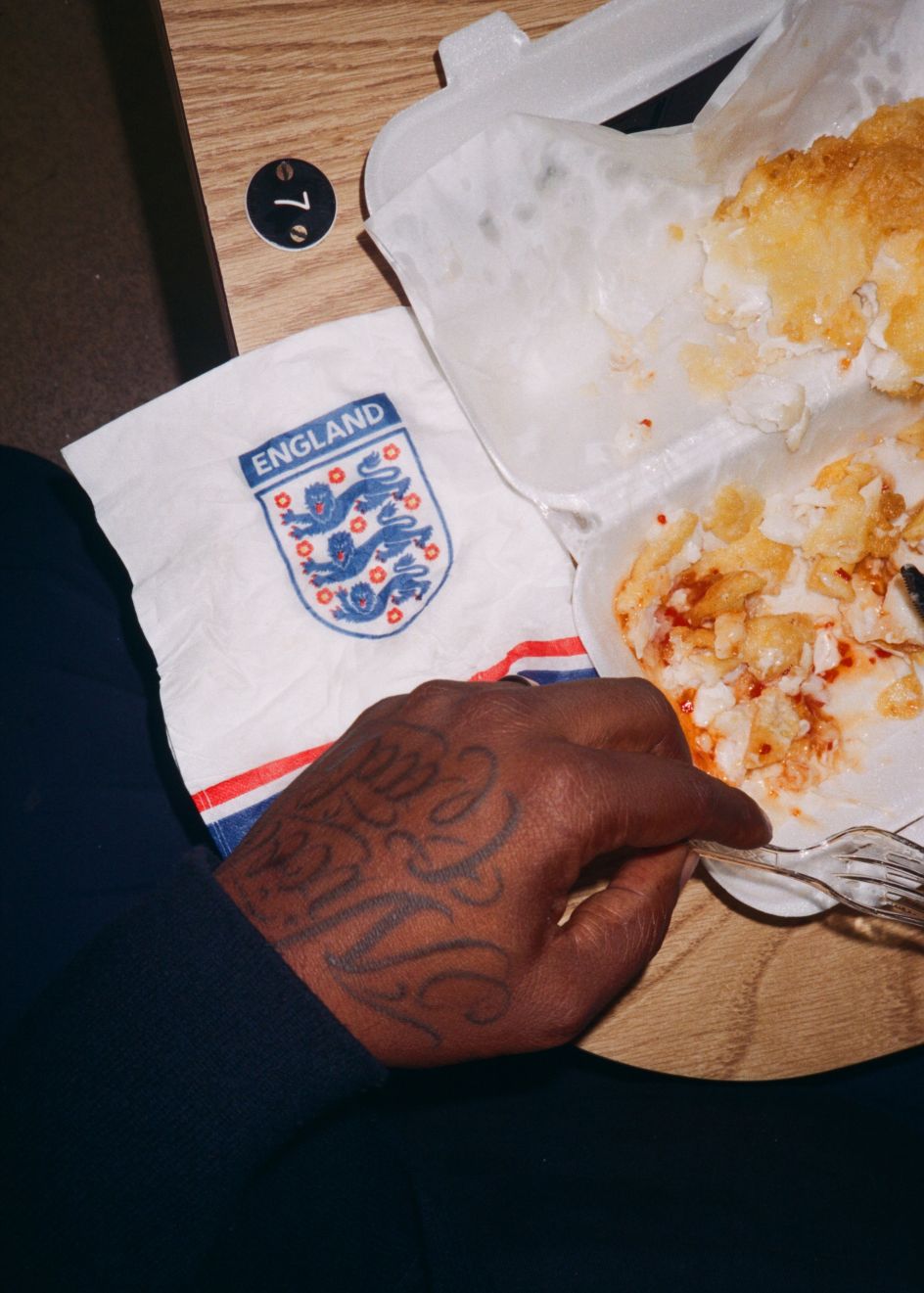
© Johny Pitts
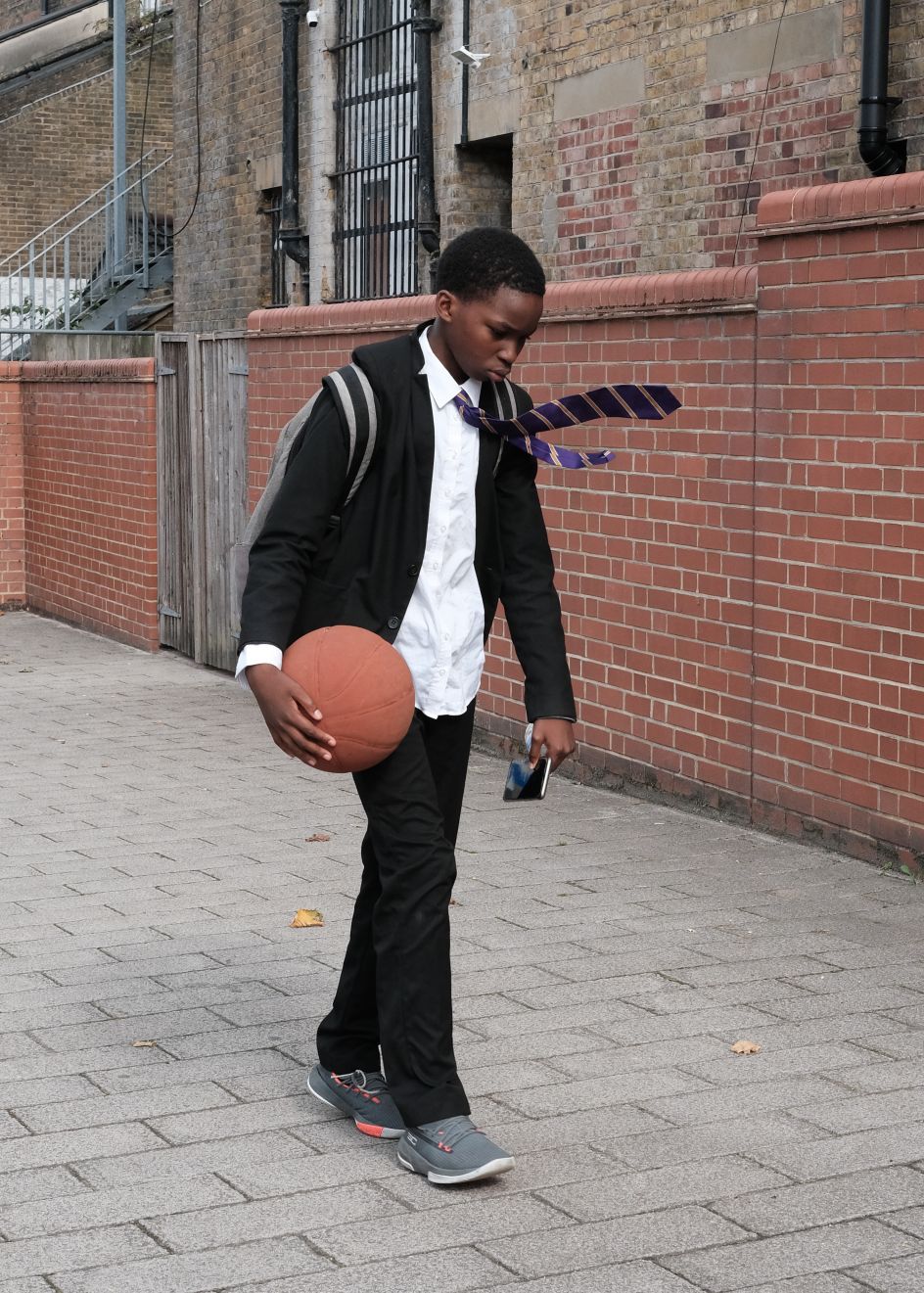
© Johny Pitts
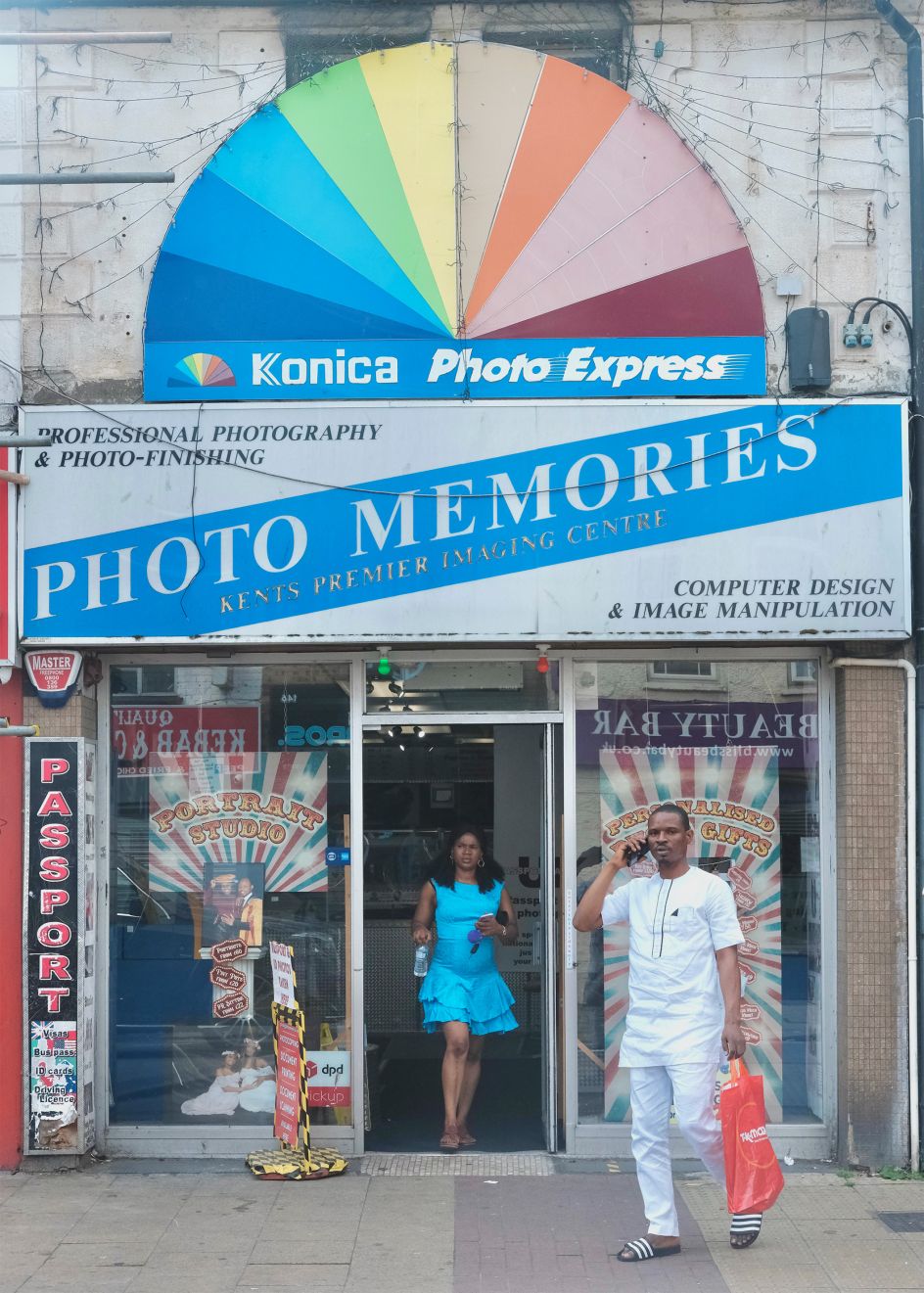
© Johny Pitts
The idea for the project began, however, when normal working life had shut down during the first coronavirus lockdown in 2022. As Johny explains in the foreword to the book, he was filling his time by scanning in and collating old family photos when something profound struck him.
"I was now looking at images of my Dad laying on our carpet, listening to his BeBe and CeCe Winans album, my brownskinned sister cuddling a blue-eyed doll, my brother on a pushbike in the back garden of a late seventies terrace house in Sheffield," he recalls. "They were, in their ordinariness, in many ways more interesting than the superlative images of my family's 'successful' moments deemed worthy of being printed and included in an album."
This prompted the thought that: "The 'official' story, for archiving, can sublimate and suppress history as much as it can preserve it." As an extension of this, by focusing on major news events and societal shifts, such as the death of George Floyd and the Black Lives Matter protests which erupted in the same year, the essence of ordinary, day-to-day life for black people was being forgotten and ignored.
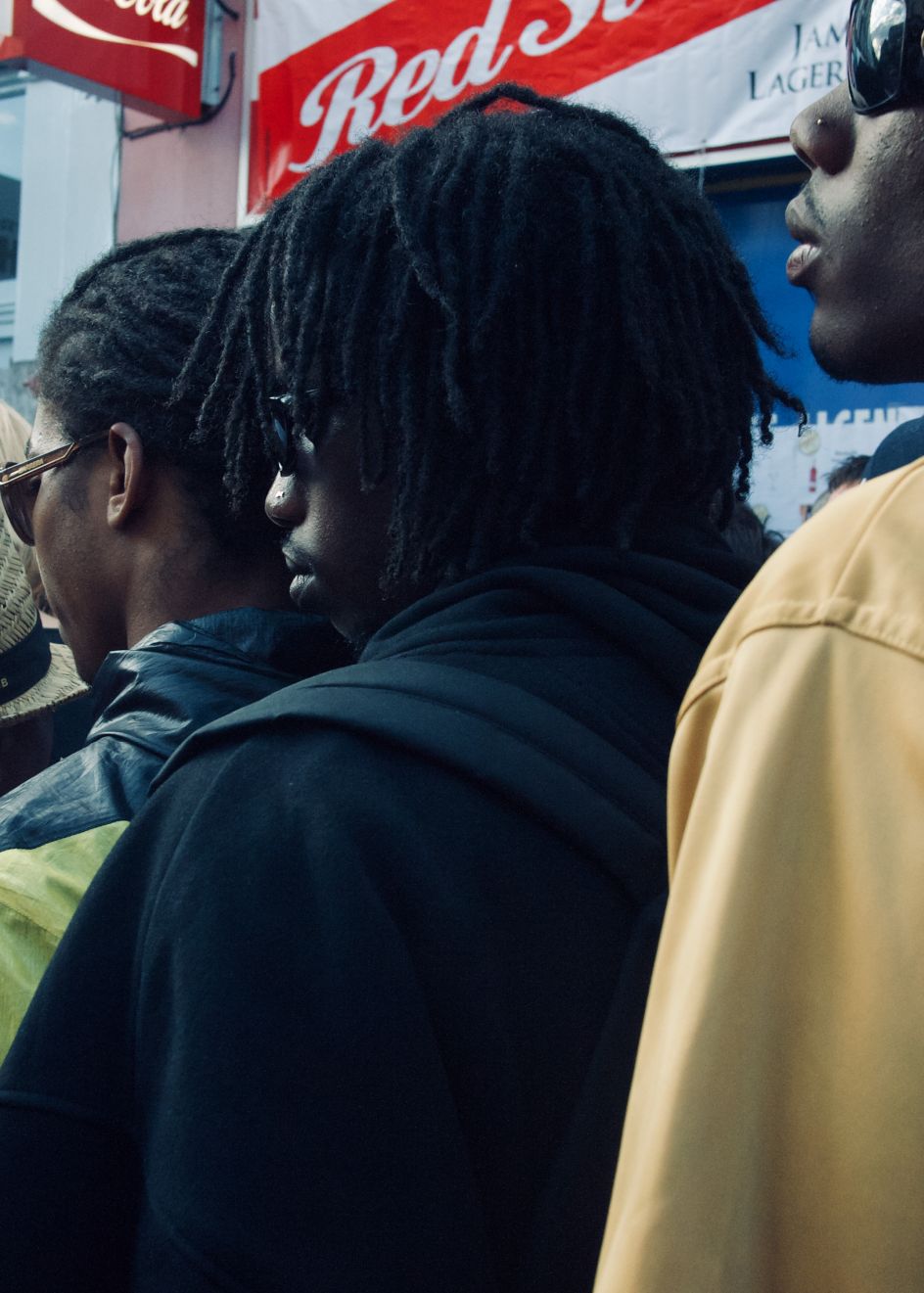
© Johny Pitts
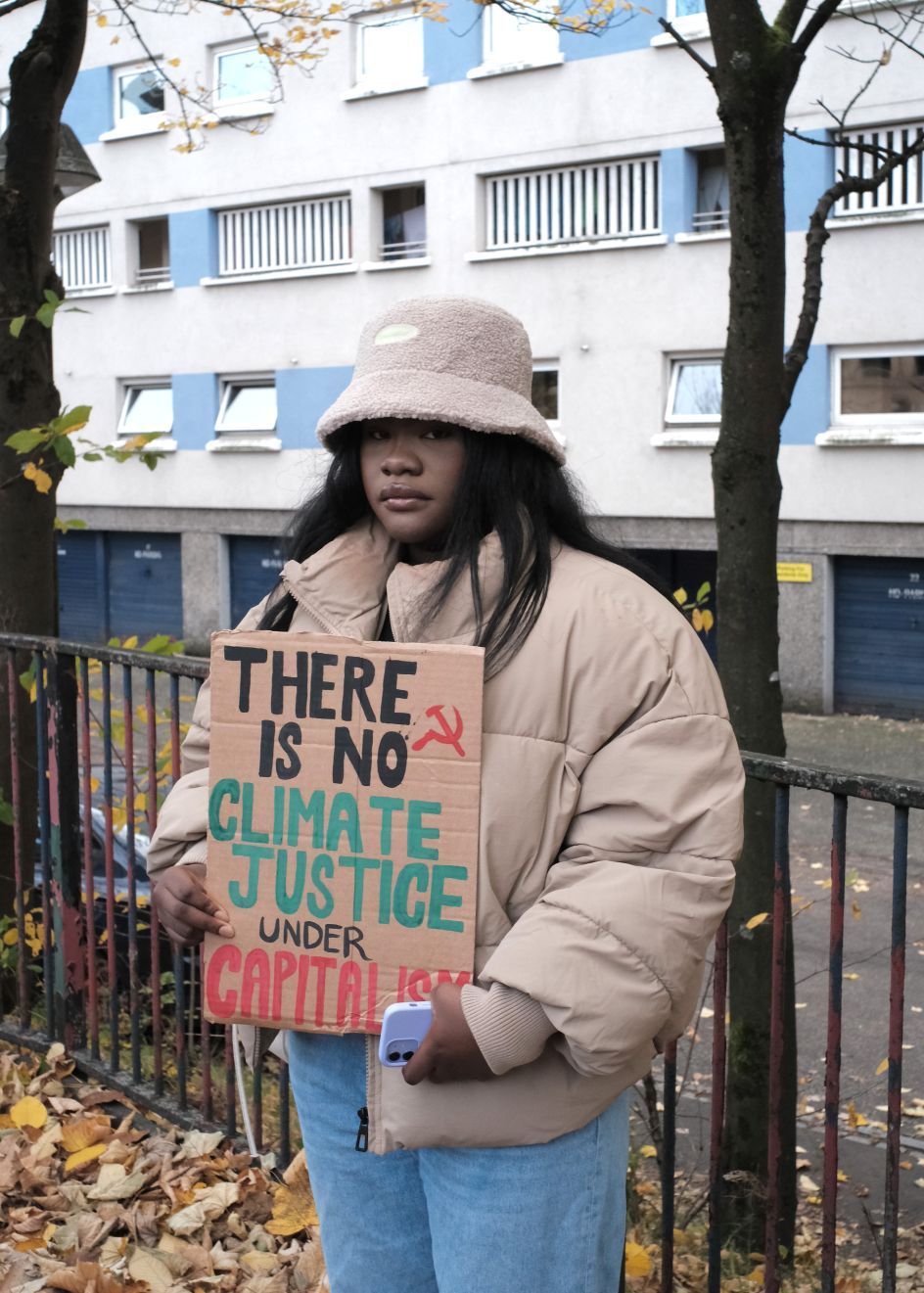
© Johny Pitts
Referring to his family archive in this light, he points out that: "these images aren't of a Blackness that is any way performative, but rather a document of Britain, seen through the subconscious prism of Blackness. Blackness as an internalised way of looking on the one hand, and as a record of an often all too ephemeral Black psychic map on the other."
Later in the year, he was approached by his friend, the poet Roger Robinson, about the possibility of a collaboration trying to capture black life in Britain. As Johny puts it: "He would craft images with his pen, I would attempt to make poetry with my camera."
While Johny took the personal photos he'd been archiving as a visual cue, the pair's discussions added a new dimension to the concept.
"Roger and I came up with the idea that spaces of Black culture and memory might be found at the often overlooked coast of Britain," writes Johny. "Here we not only found Black people, but the history of Empire and transatlantic slavery to which every Briton is tethered; stories of arrival, asylum and deportation, and of that inverted, imaginative unit of history and geography known as 'The Black Atlantic'."
The pair travelled in a red Mini Cooper along the Thames and then from Margate to Land's End, Bristol to Blackpool, Glasgow to John O'Groats and Scarborough to Southend on Sea. In its totality, their circumnavigation encompassed the coastal, urban, rural and suburban, along with all the places in-between.
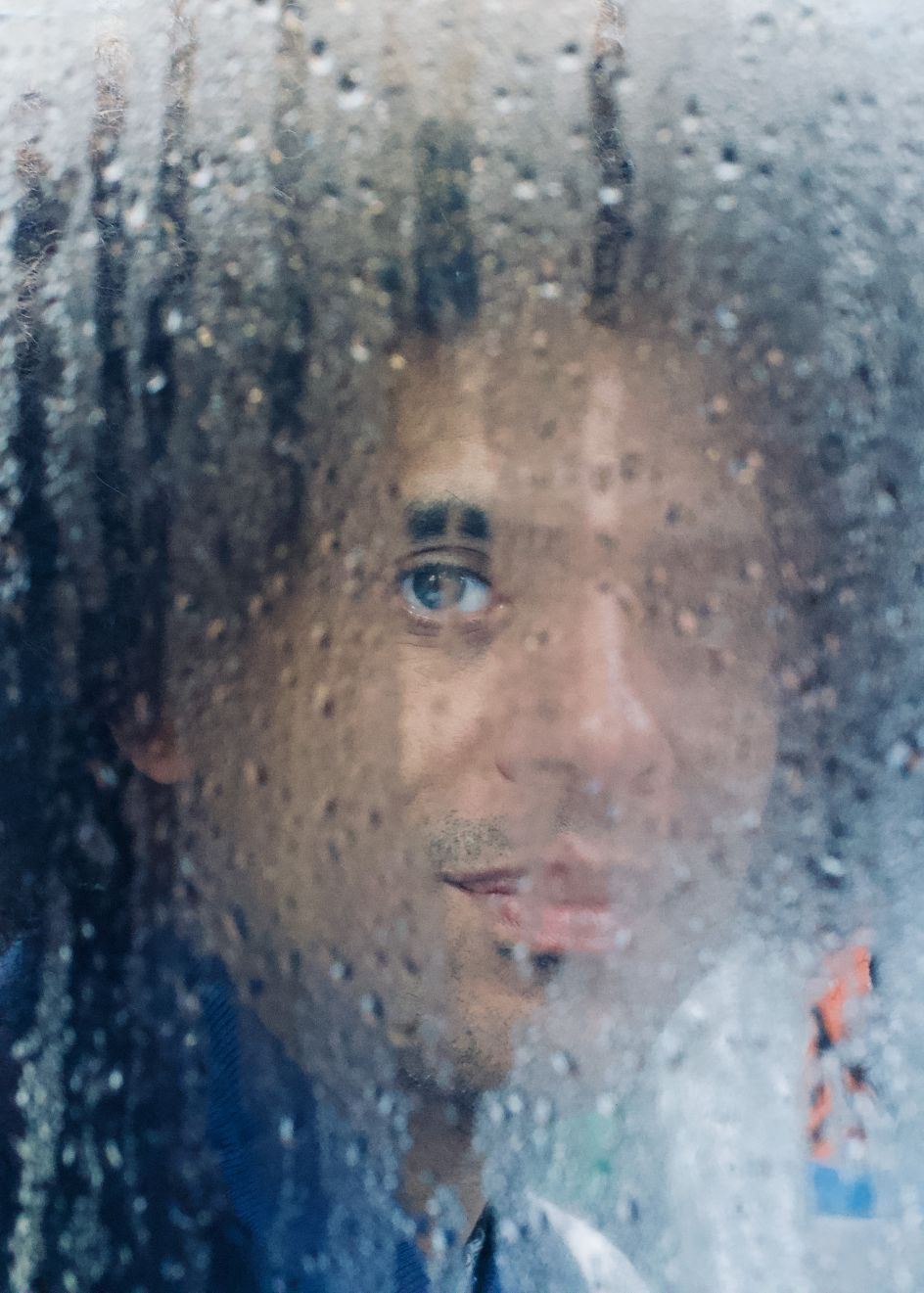
© Johny Pitts
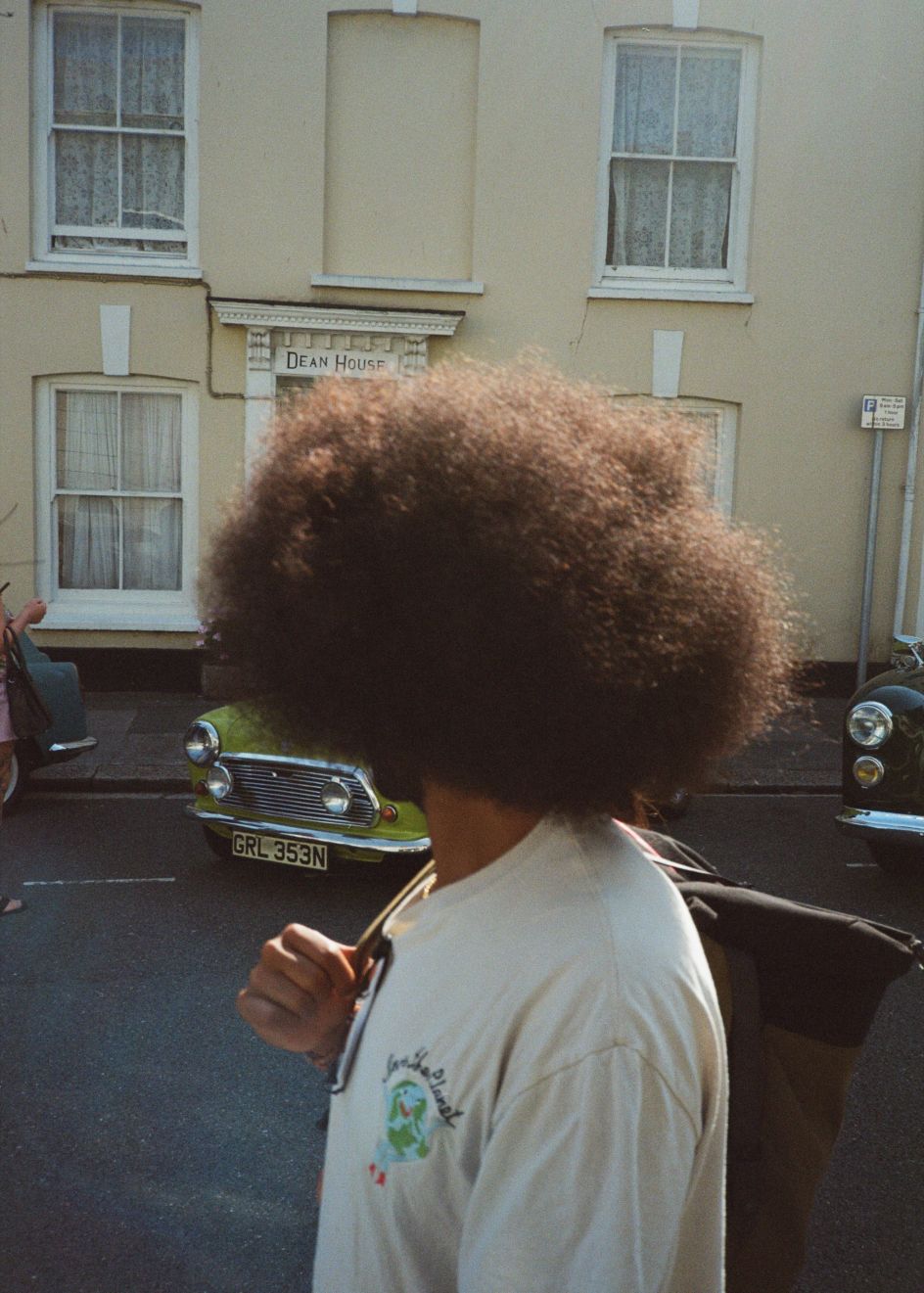
© Johny Pitts
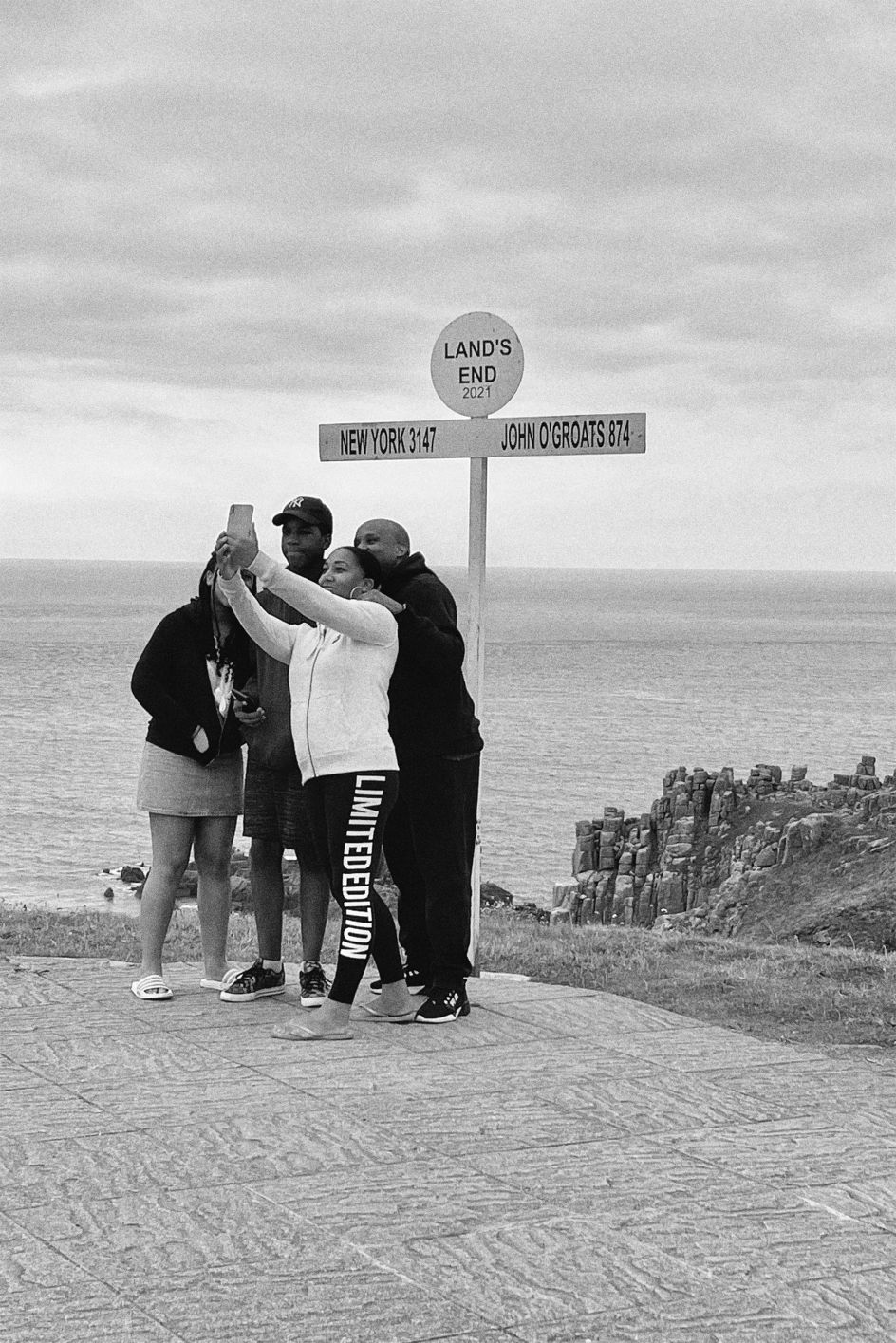
© Johny Pitts
Supported by the inaugural Ampersand/Photoworks Fellowship, Johny and Roger documented a variety of manifestations of black British culture, and the results present a compelling alternative to official and media narratives.
"I offer these photographs [...] as a contribution to a wider collection all too often missing from Britain's imaginary family album as constructed by white British documentary photographers; of the everyday humanity of the Black community in Britain," writes Johny.
The exhibition is open to the public at Graves Gallery, Sheffield Museums, until 24 December, and moves to the Stills Gallery, Edinburgh, from 9 March-10 June 2023.
The book Home is Not a Place by Johny Pitts, and Roger Robinson will be published by Harper Collins in late September 2022.

 for Creative Boom](https://www.creativeboom.com/upload/articles/06/063686a9a3b095b9b1f0e95df917ed4bd342be1b_732.jpg)



 using <a href="https://www.ohnotype.co/fonts/obviously" target="_blank">Obviously</a> by Oh No Type Co., Art Director, Brand & Creative—Spotify](https://www.creativeboom.com/upload/articles/6e/6ed31eddc26fa563f213fc76d6993dab9231ffe4_732.jpg)
 by Tüpokompanii](https://www.creativeboom.com/upload/articles/58/58684538770fb5b428dc1882f7a732f153500153_732.jpg)













